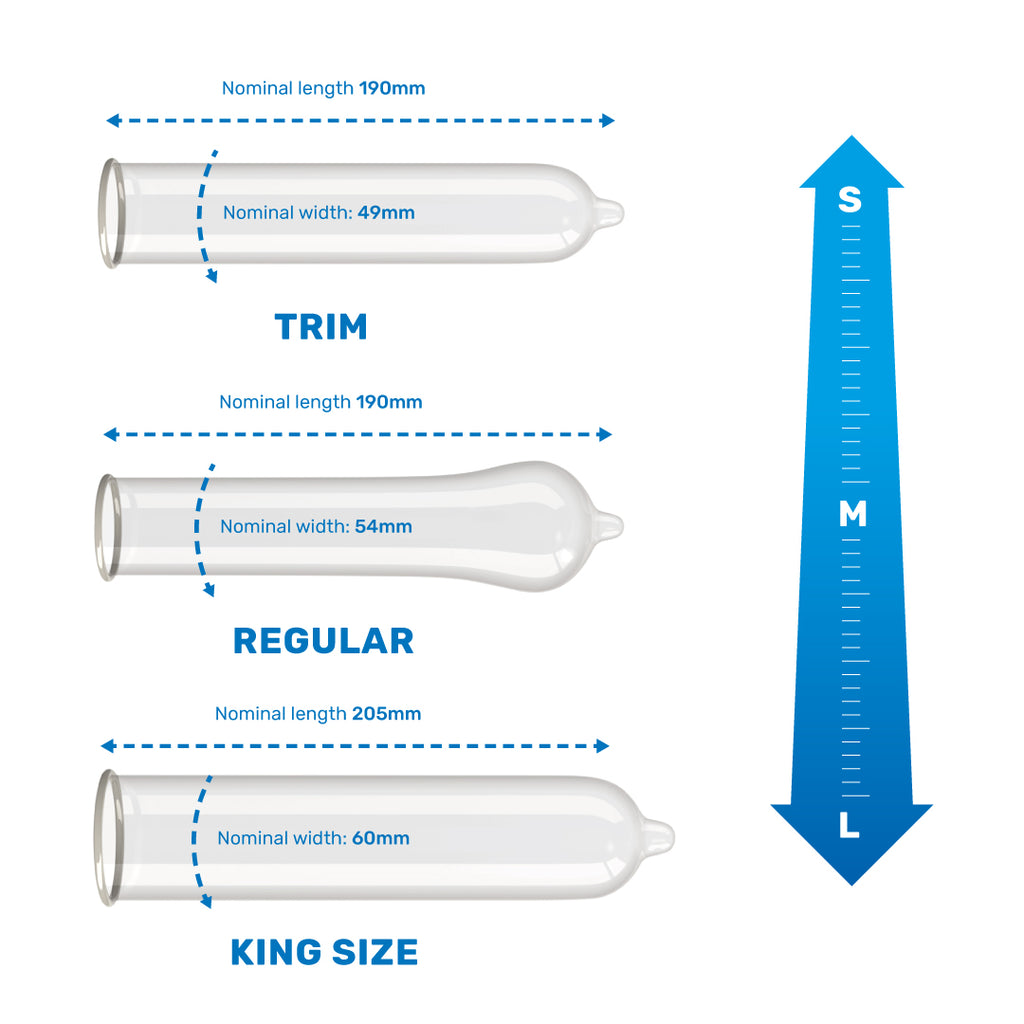
National HIV Testing week 7th - 14th February 2022
National HIV testing week takes place between the 7th-14th February and focuses on raising awareness about Human Immunodeficiency Virus, also known as HIV, a virus that weakens and damages the immune system.
In 2019, the National Aids Trust reported 105,200 people living with HIV in the UK, while HIV Prevention England reported that in 2020, 1 in 20 people were unaware they were HIV positive. In addition, 42% of people first diagnosed with HIV were diagnosed late increasing the risk of spreading HIV on to sexual partners and poorer long-term health outcomes.
Therefore, to celebrate National HIV Testing week we thought we'd find out more about HIV testing week, why it is important, how to find out if you are at risk, how to test for HIV and how to protect yourself from catching HIV.
What is HIV testing week?
National HIV testing week is a whole week dedicated to raising awareness about HIV while highlighting the importance of getting tested to know your HIV status. Regular testing for HIV helps to reduce the number of people living with undiagnosed HIV and those who are diagnosed late.
The tagline for HIV testing week is ‘Give HIV the finger - a finger prick is all it takes’ which demonstrates how simple and easy it is to do a HIV self-test.
Why is it important?
Testing regularly for HIV has been crucial in reducing the virus from being transmitted from person-to-person. New HIV diagnoses have been continually declining over the past ten years, with a 10% reduction between 2018-2019, with regular testing for HIV making a vital contribution to its decline.
Without regular testing for HIV, those who are HIV positive (and don’t know), delay appropriate treatment in helping to keep the virus at bay and can unknowingly transfer the virus through sexual contact, breastfeeding or by sharing needles.
Without treatment, the virus will continue to attack and weaken the immune system, progressing through various stages of the virus, leading to late-stages HIV or AIDS. Back in the 1980’s and 1990’s, most people who were diagnosed with HIV were eventually diagnosed with AIDS. However, these days, with regular testing and appropriate treatment, very few people develop serious HIV-related illnesses. This is why it’s so important to test for HIV this HIV testing week.
Am I at risk?
If you’ve never had a HIV self-test, it’s highly recommended you have one - even if it’s for peace of mind.
Also, if you fall into any of the below categories, it’s also a good idea to have a HIV self-test.
- You’ve been diagnosed with a sexually transmitted infection
- You have had sex with someone who is HIV positive.
- You are a man who has sex with men
- You are a female who has sex with men, who has sex with men
- You have a history of injecting drugs
- You are from a country with high levels of HIV
- You have had sexual contact abroad
To find out more about whether you need a HIV self-test this National HIV testing week, click here
How do I know my HIV status?
The only way to truly know your HIV status is to have a HIV test. Our HIV early detection test is a quick and simple way of testing for HIV and our self-test can be done in the comfort of your home. From as early as 21-22 days from exposure to the virus, our HIV self-test can detect the virus (however, it can take up to 3 months to produce a positive result) and the result will be ready within 1 minute.
For a video walk-through on how to do a home HIV test, click here
How can I protect myself from catching HIV?
As well as having a HIV self-test, we recommend condoms with every sexual encounter. Condoms reduce the risk of catching the HIV virus and sexually transmitted infections by preventing any sexual fluids from being transferred. Therefore, by using a condom (or dam) every time you have foreplay, vaginal, anal or oral sex reduces the risk of contracting HIV or other STI’s.
For more information or to order a HIV home-test; click hereData taken from National Aids Trust and HIV Prevention England.





